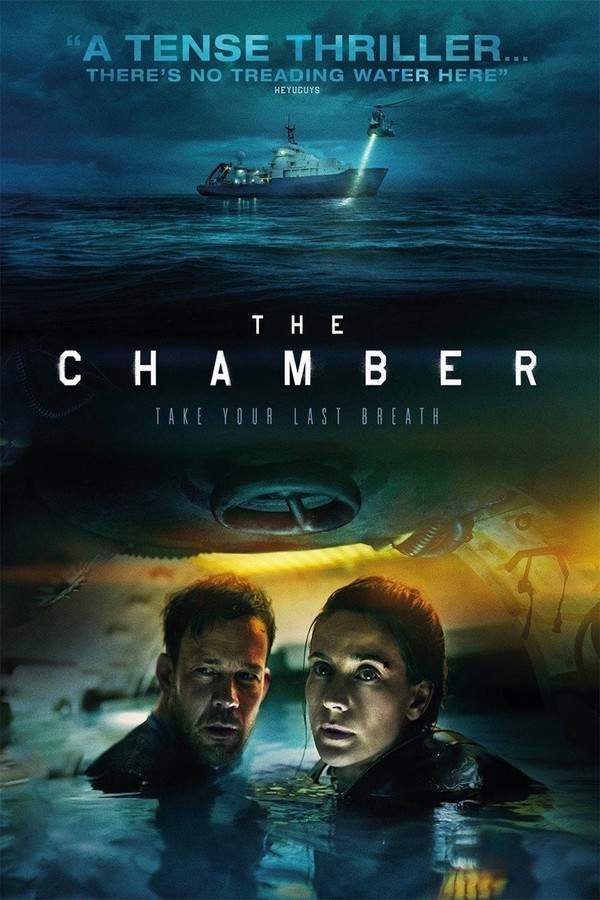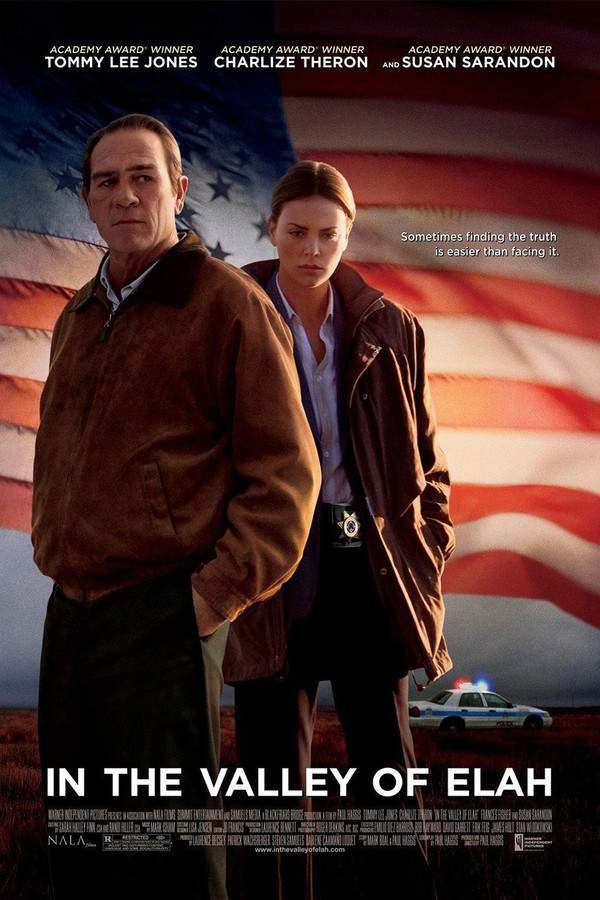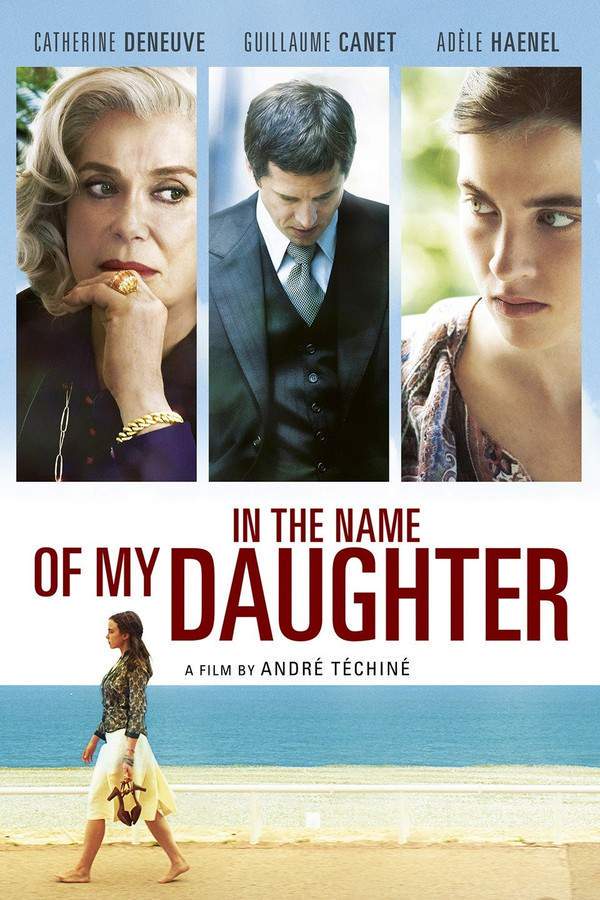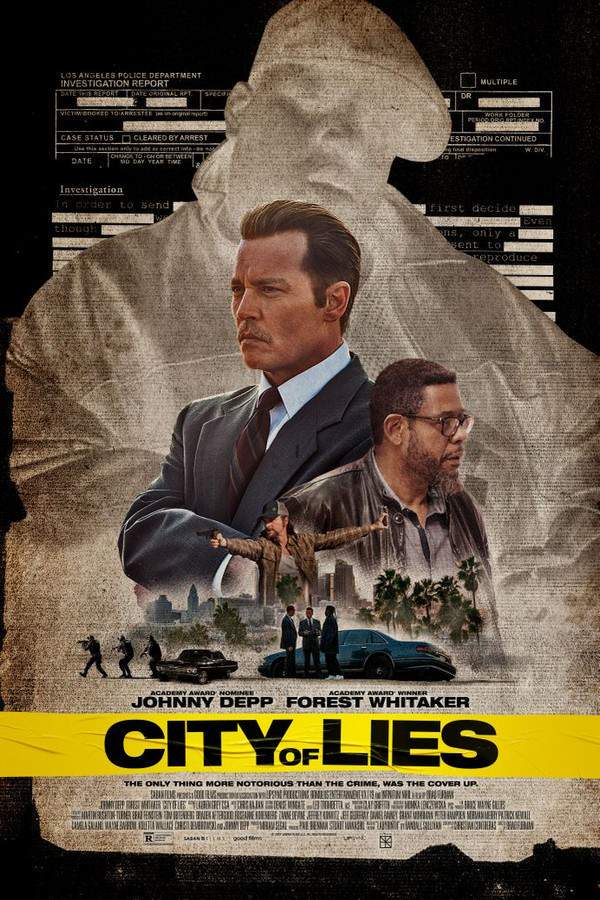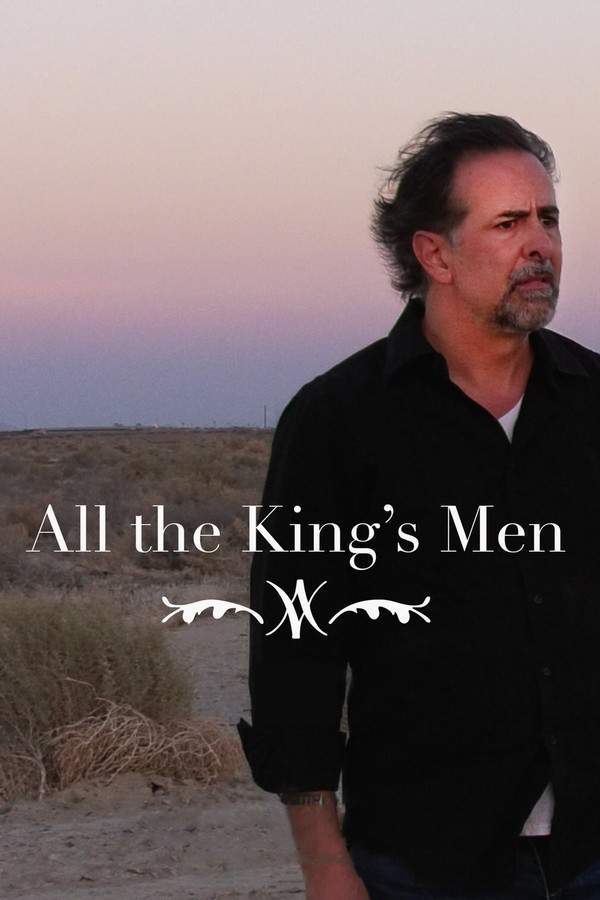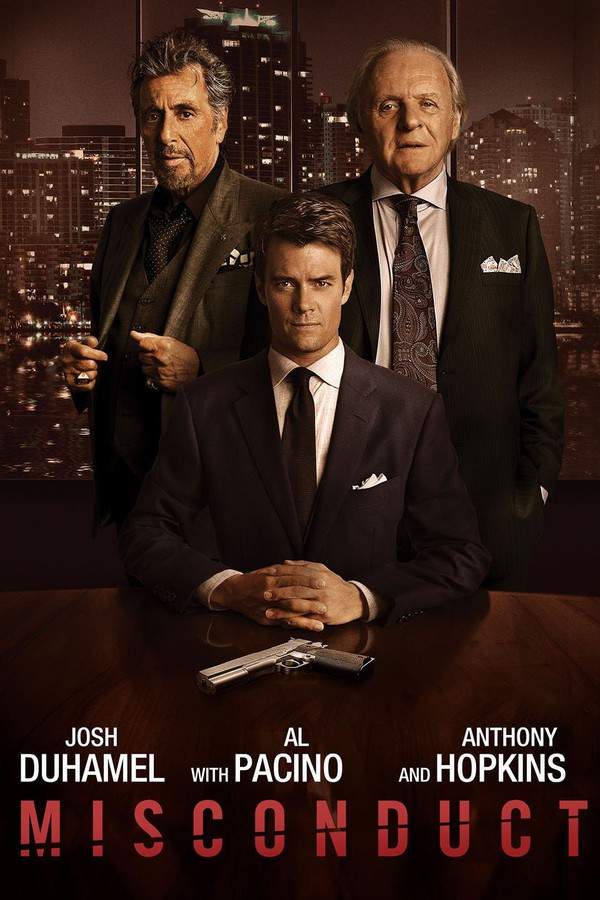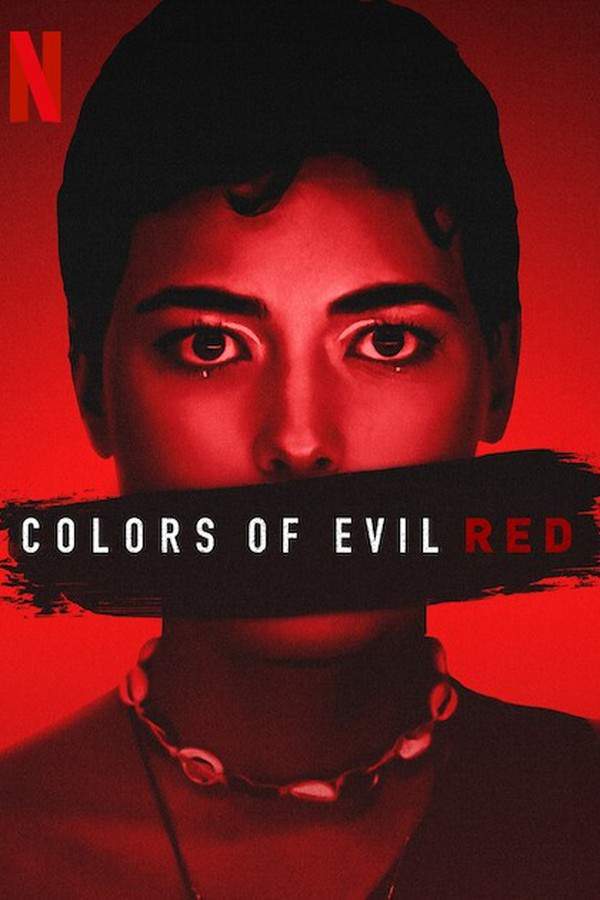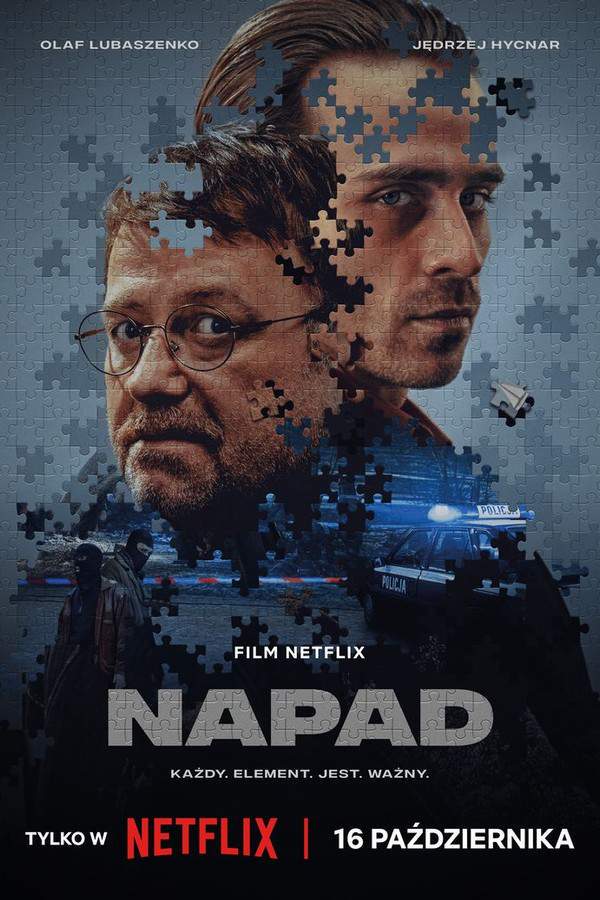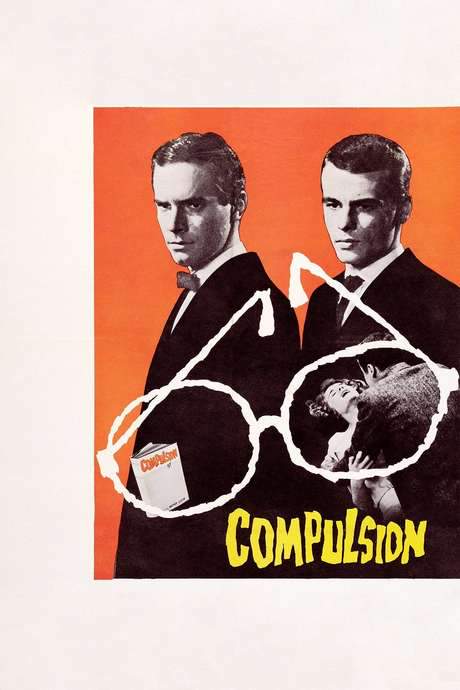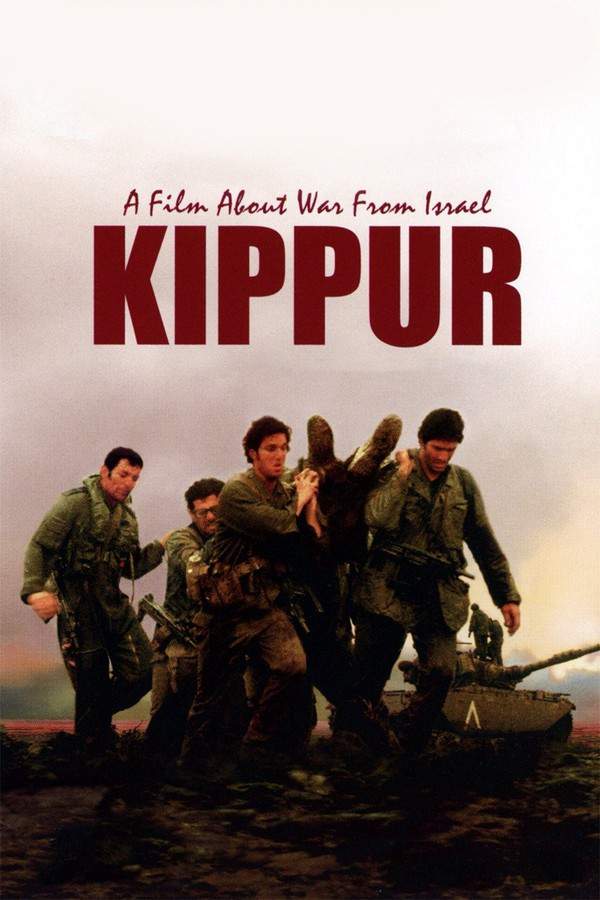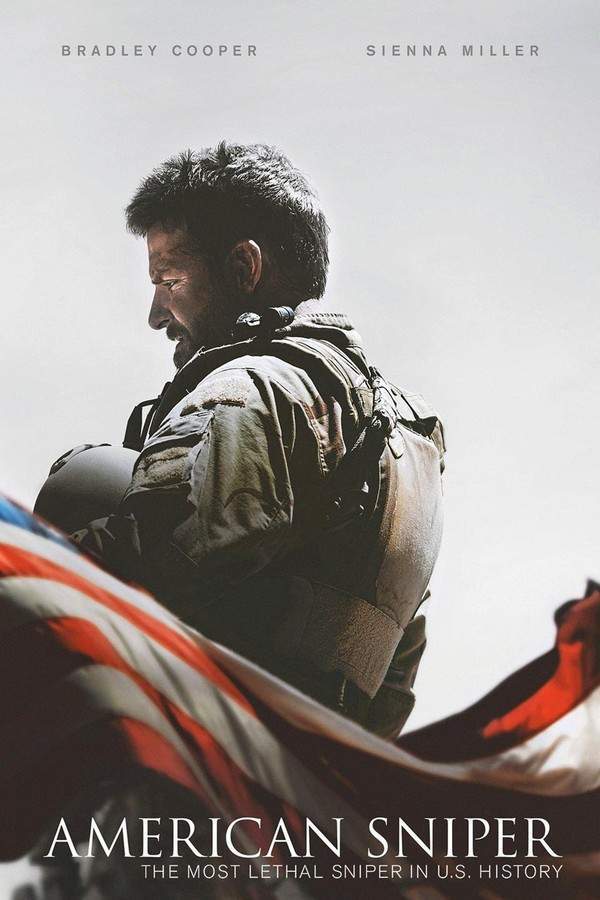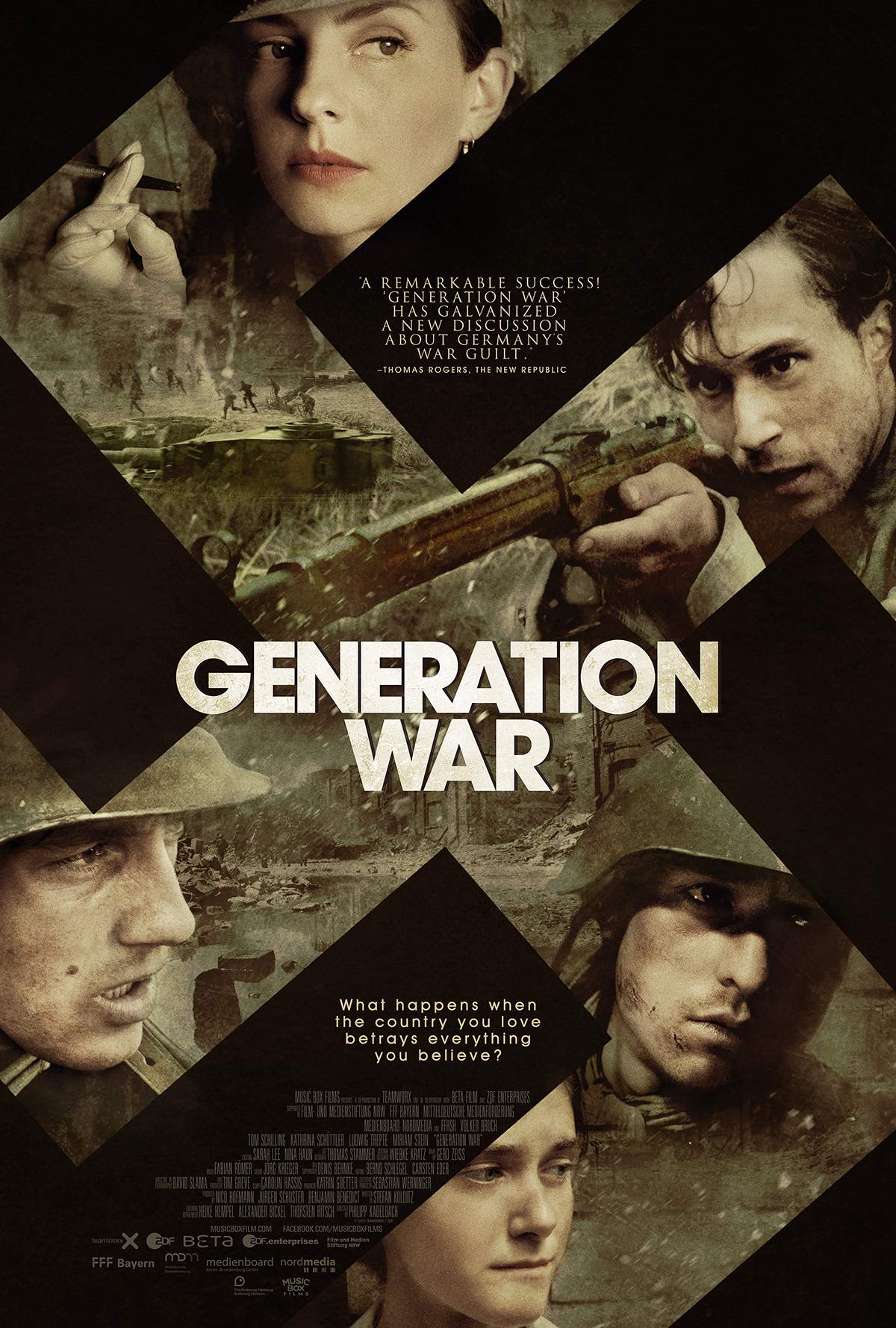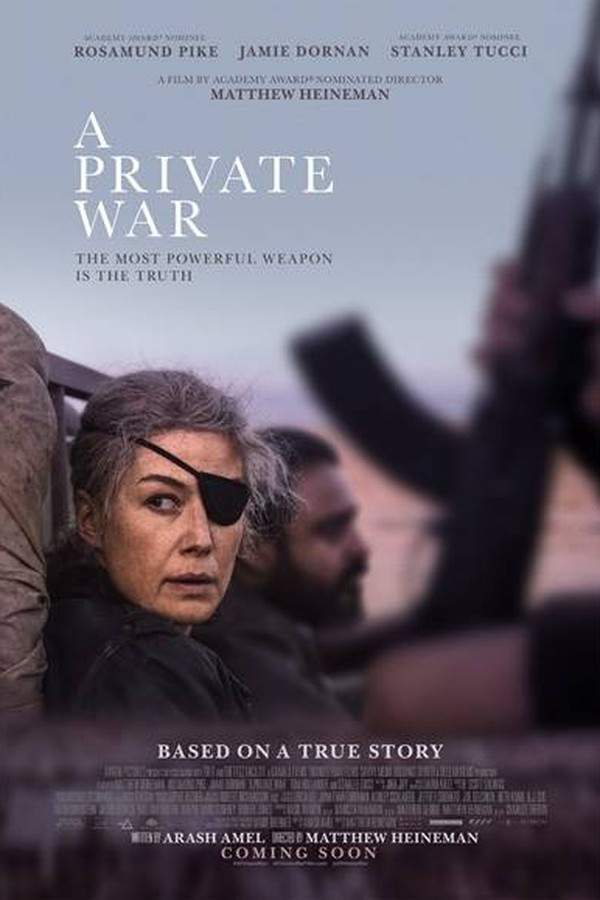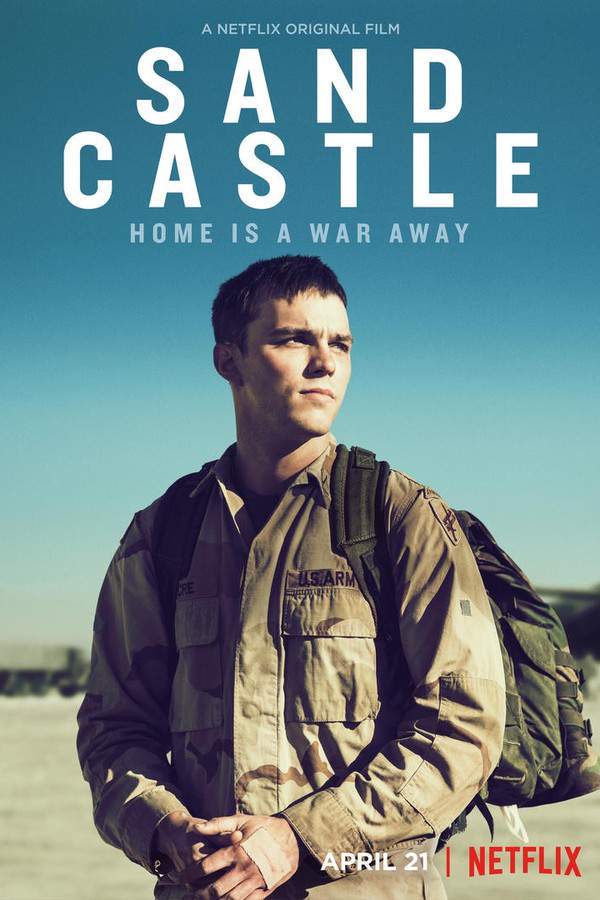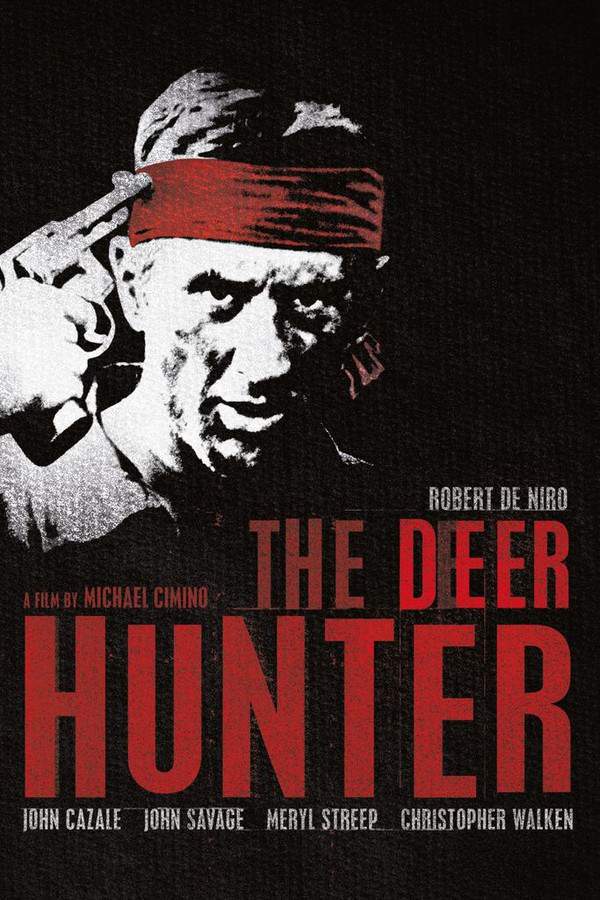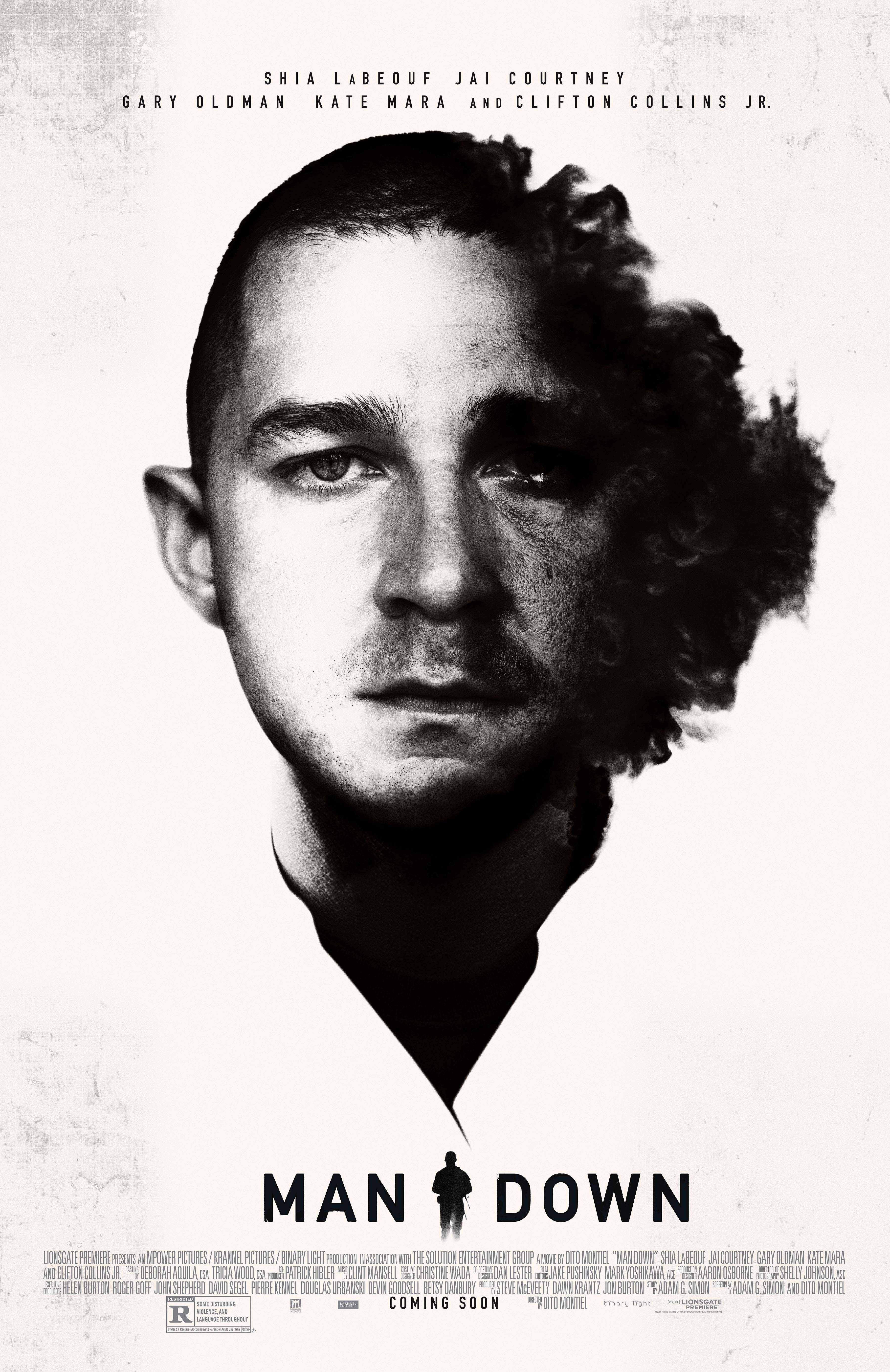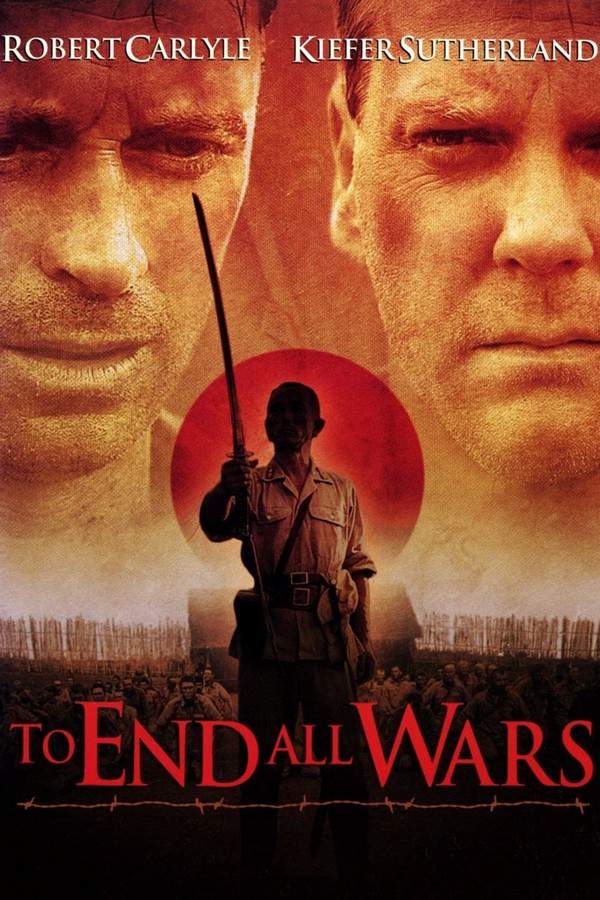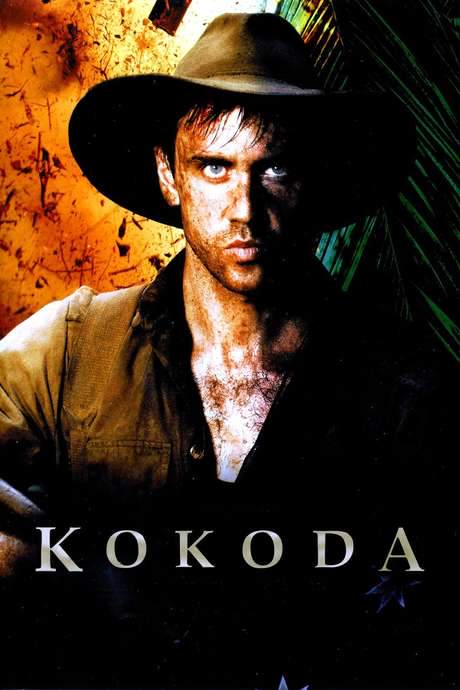
Blood Oath
Year: 1990
Runtime: 108 mins
Language: English
Director: Stephen Wallace
On a remote Pacific island north of Australia, Japanese forces ran a POW camp where liberated Australian soldiers recount mass executions of over 800 people and the torture of downed airmen. The Australian Army convenes a war‑crimes tribunal to try the camp’s officers, while a senior Japanese admiral is implicated and U.S. officials lobby for his release, intertwining justice with politics.
Warning: spoilers below!
Haven’t seen Blood Oath yet? This summary contains major spoilers. Bookmark the page, watch the movie, and come back for the full breakdown. If you're ready, scroll on and relive the story!
Blood Oath (1990) – Full Plot Summary & Ending Explained
Read the complete plot breakdown of Blood Oath (1990), including all key story events, major twists, and the ending explained in detail. Discover what really happened—and what it all means.
On the island of Ambon, as the war nears its end, Australian troops liberate a prisoner-of-war camp and firsthand accounts from survivors reveal a chilling pattern of systemic beatings, torture, and executions carried out by the Japanese captors. Soon after, a sprawling mass grave of beheaded Australian prisoners is discovered in the forest just beyond the camp. The camp commander, Captain Ikeuchi Tetsu Watanabe, denies any knowledge of the killings, repeating the phrase that will echo through the proceedings:
I know nothing of any executions.
With pressure mounting, the Australians place a warrant on the region’s top Japanese officer, Vice-Admiral Baron Takahashi George Takei, and he is brought to Ambon to face trial. Takahashi swears he was not present during the crimes and that Ikeuchi never informed him about the forest grave. In a tense moment in the prisoner barracks, Takahashi refuses to engage with Ikeuchi, declaring in a stark exchange:
there is nothing to discuss.
The Australian prosecutor, Captain Cooper [Bryan Brown], pushes for testimony, but Ikeuchi’s honor-bound stance initially prevents him from admitting involvement. As the courtroom drama unfolds, Takahashi’s defense portrays him as a cultured, British-educated officer who, in the eyes of his lawyers, had shown respect for the Australians. The momentum shifts when Cooper uncovers a hidden truth: a secret court-martial had ordered the deaths of four Australian aircrew members who were on a reconnaissance mission. A witness, the brother of one of the pilots, directly implicates both Takahashi and Ikeuchi, forcing the case into a new light.
A revelation from American intelligence, Major Beckett [Terry O’Quinn], changes the stakes entirely. Beckett reveals that Takahashi has agreed to testify against high-ranking Japanese war criminals in Tokyo and is slated to take a position in the post-war Japanese government. The implication is clear: the verdict may already be decided in advance, and Takahashi is soon found not guilty and released despite the mounting evidence.
Captain Cooper refuses to yield. He coercively extracts a confession from Ikeuchi, who then names a signals officer as a participant in the wartime orders. Lieutenant Tanaka [Kazuhiro Muroyama] takes the stand and confirms that the court martial did take place and that Takahashi ordered the deaths of the airmen and the prisoners at the mass grave. Ikeuchi, overwhelmed by the chain of culpability, commits suicide by seppuku, leaving Tanaka to shoulder the blame for the executions.
In a painstaking conclusion, Cooper argues that Tanaka was merely a pawn in a larger, more devastating scheme and should be spared. The court, however, finds Tanaka guilty, sentencing him to death. He is taken to the forest at dawn, where he calmly faces a firing squad. As the rifles ring out, many in the squad show visible emotion, recognizing the tragedy of a man who may have been innocent in the eyes of those called to judge him.
Last Updated: October 09, 2025 at 15:05
Explore Movie Threads
Discover curated groups of movies connected by mood, themes, and story style. Browse collections built around emotion, atmosphere, and narrative focus to easily find films that match what you feel like watching right now.
Movies about political justice like Blood Oath
Stories where legal proceedings are overshadowed by backroom deals and moral compromise.If you liked the tense legal battles and political interference in Blood Oath, you'll find more movies like it here. These war and drama films focus on tribunals and court cases where the pursuit of justice is complicated by external pressures, backroom deals, and moral compromises.
Narrative Summary
These stories typically follow a legal investigation or trial as its central plot, but the real conflict often happens outside the courtroom. Protagonists, often lawyers or investigators, fight against powerful interests seeking to manipulate the outcome for political gain, resulting in a narrative where the legal process itself is put on trial.
Why These Movies?
Movies in this thread are grouped by their shared focus on the tension between idealized justice and harsh political realities. They create a specific kind of intellectual and moral tension, where the outcome is often bittersweet or tragic, reflecting the complexity of achieving accountability in a political world.
Bleak war dramas about trauma like Blood Oath
Sobering narratives that explore the psychological scars and moral injuries of conflict.For viewers who appreciated the heavy emotional weight and focus on survivor guilt in Blood Oath, this collection features similar war movies. These dramas are less about combat and more about the psychological aftermath, exploring themes of PTSD, moral injury, and the bleak reality of life after war.
Narrative Summary
The narrative pattern often involves characters grappling with flashbacks and memories of horrific events. The plot is driven by their internal struggle to reconcile their past actions or survival with their present reality, frequently leading to a somber or tragic conclusion that underscores the permanent cost of war.
Why These Movies?
These films are united by their uncompromisingly dark tone and their focus on the internal, psychological devastation of war. They share a heavy emotional weight, a steady, deliberate pacing that allows for deep character study, and a general absence of heroic sentimentality.
Unlock the Full Story of Blood Oath
Don't stop at just watching — explore Blood Oath in full detail. From the complete plot summary and scene-by-scene timeline to character breakdowns, thematic analysis, and a deep dive into the ending — every page helps you truly understand what Blood Oath is all about. Plus, discover what's next after the movie.
Blood Oath Timeline
Track the full timeline of Blood Oath with every major event arranged chronologically. Perfect for decoding non-linear storytelling, flashbacks, or parallel narratives with a clear scene-by-scene breakdown.

Characters, Settings & Themes in Blood Oath
Discover the characters, locations, and core themes that shape Blood Oath. Get insights into symbolic elements, setting significance, and deeper narrative meaning — ideal for thematic analysis and movie breakdowns.

Blood Oath Spoiler-Free Summary
Get a quick, spoiler-free overview of Blood Oath that covers the main plot points and key details without revealing any major twists or spoilers. Perfect for those who want to know what to expect before diving in.

More About Blood Oath
Visit What's After the Movie to explore more about Blood Oath: box office results, cast and crew info, production details, post-credit scenes, and external links — all in one place for movie fans and researchers.

Similar Movies to Blood Oath
Discover movies like Blood Oath that share similar genres, themes, and storytelling elements. Whether you’re drawn to the atmosphere, character arcs, or plot structure, these curated recommendations will help you explore more films you’ll love.
Explore More About Movie Blood Oath
Blood Oath (1990) Scene-by-Scene Movie Timeline
Blood Oath (1990) Movie Characters, Themes & Settings
Blood Oath (1990) Spoiler-Free Summary & Key Flow
Movies Like Blood Oath – Similar Titles You’ll Enjoy
To End All Wars (2002) Full Summary & Key Details
Blood Will Tell (2019) Full Movie Breakdown
Kokoda (2006) Full Movie Breakdown
Bad Blood (1981) Full Movie Breakdown
Blood & Orchids (1986) Ending Explained & Film Insights
Death of a Soldier (1986) Movie Recap & Themes
Men Behind the Sun (1988) Movie Recap & Themes
Blood Alley (1955) Spoiler-Packed Plot Recap
Battle of Blood Island (1960) Full Summary & Key Details
Cry of Battle (1963) Complete Plot Breakdown
The Camp on Blood Island (1958) Plot Summary & Ending Explained
Blood on the Sun (1945) Detailed Story Recap
Blood and Steel (1959) Film Overview & Timeline
Blood Warriors (1993) Movie Recap & Themes
Hell in the Pacific (1968) Spoiler-Packed Plot Recap

